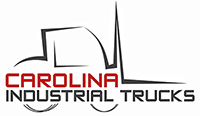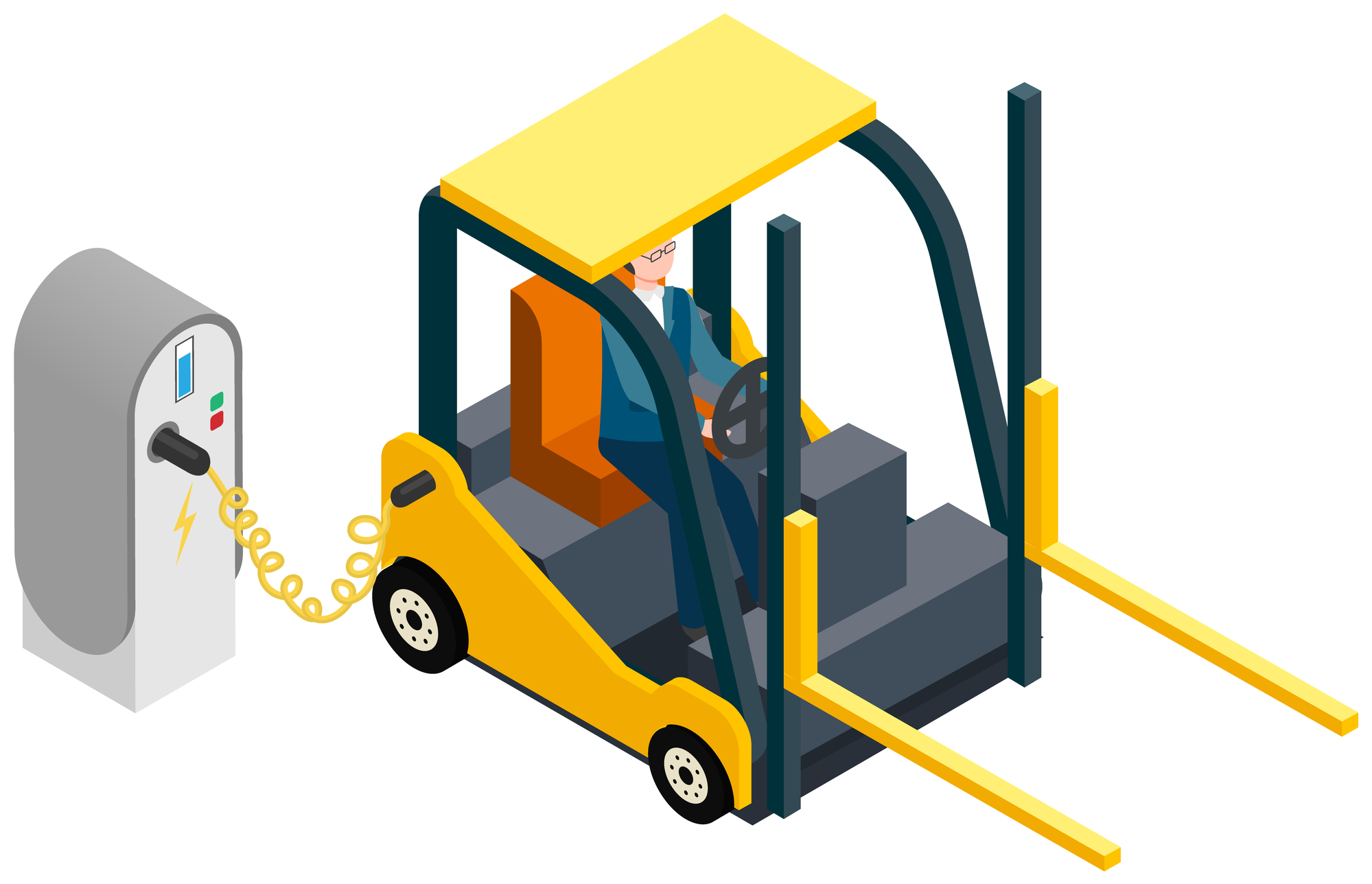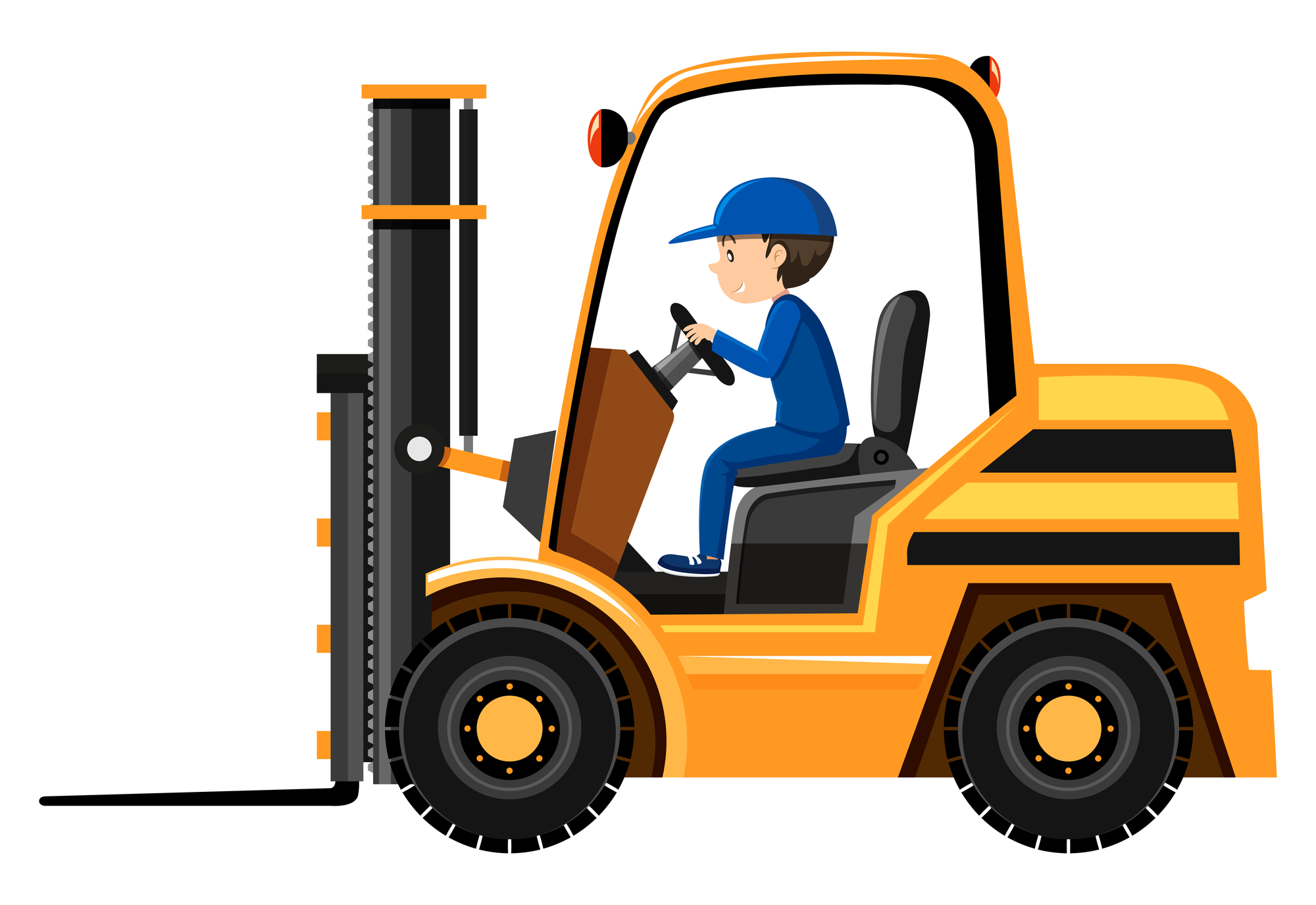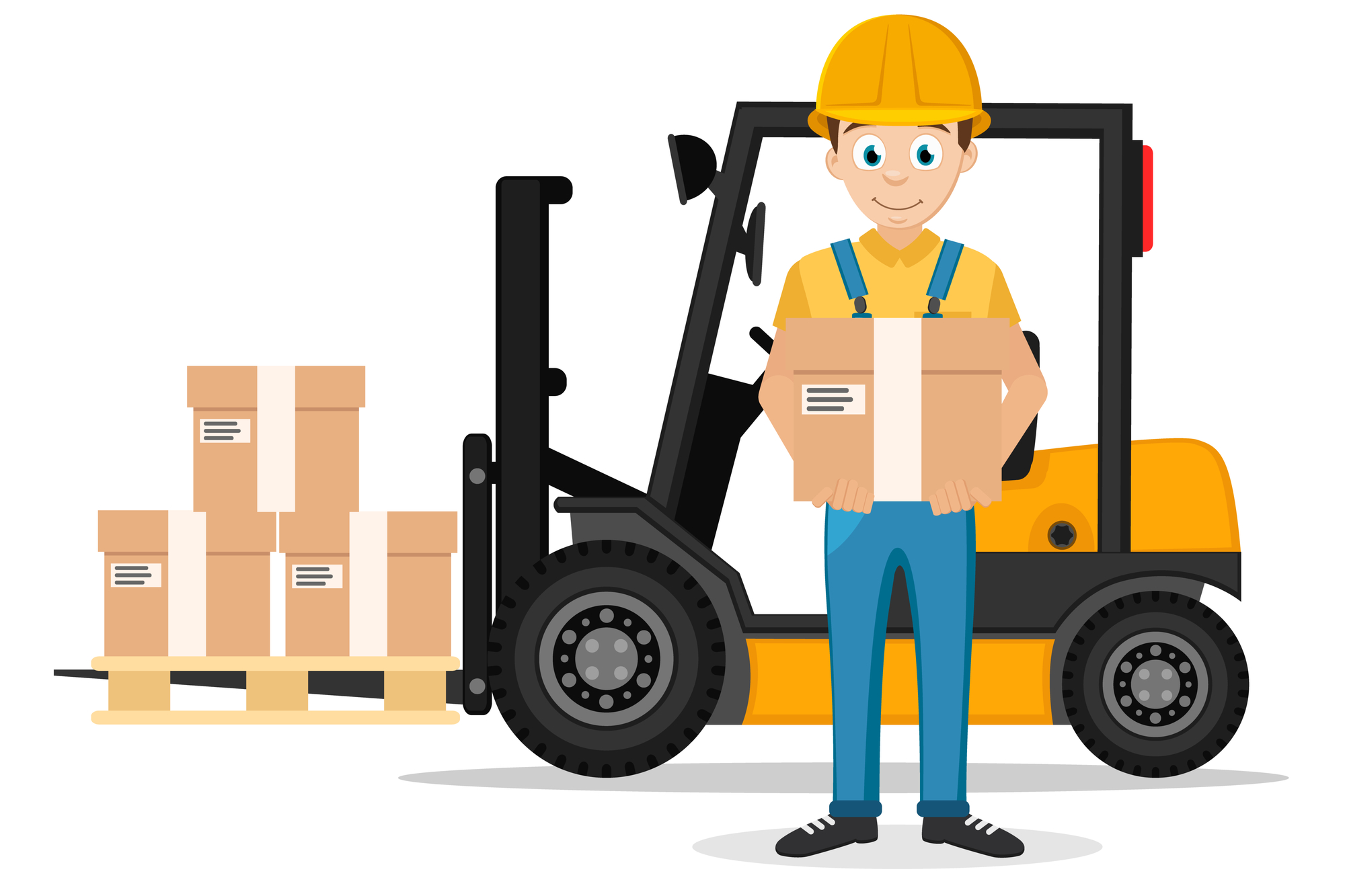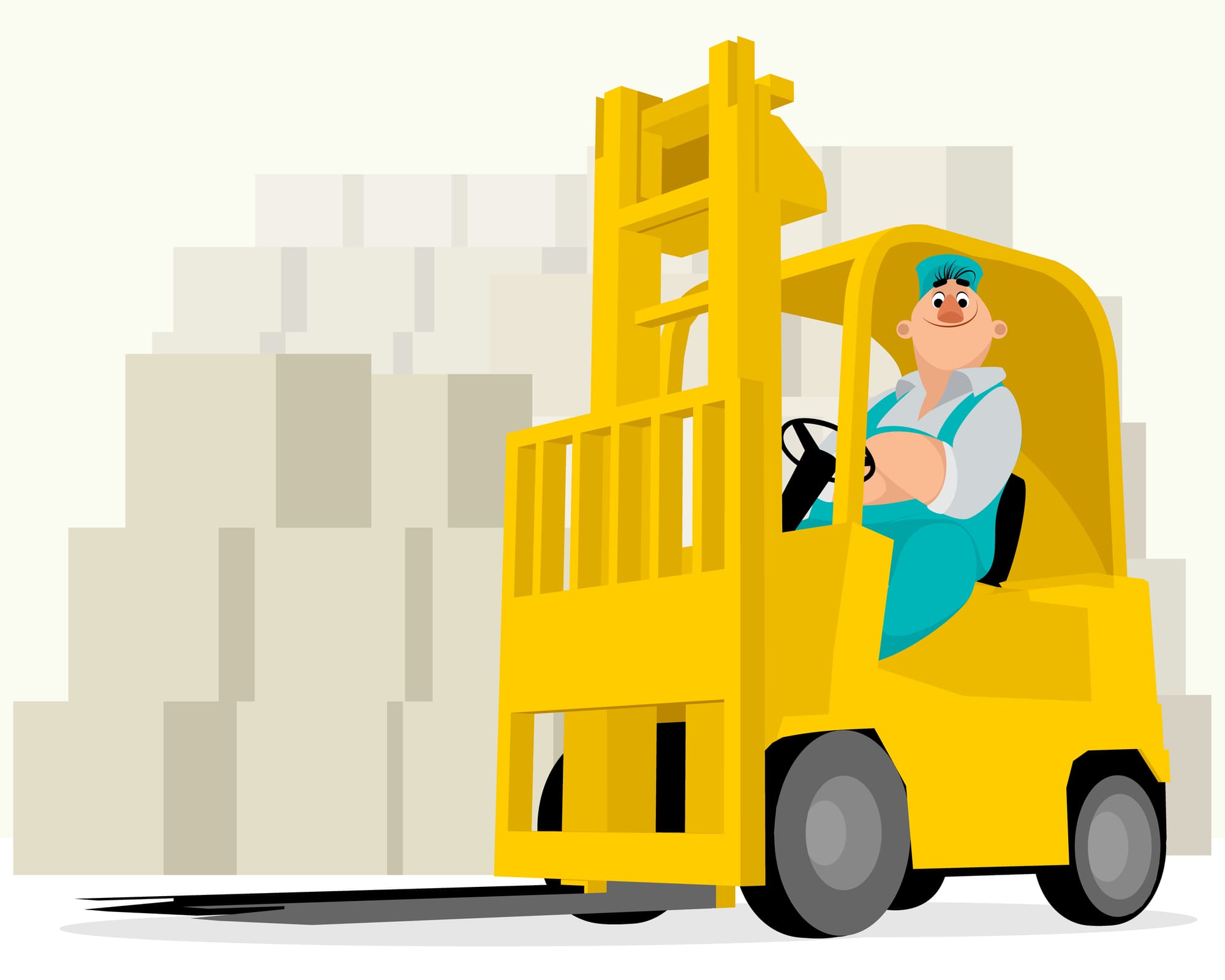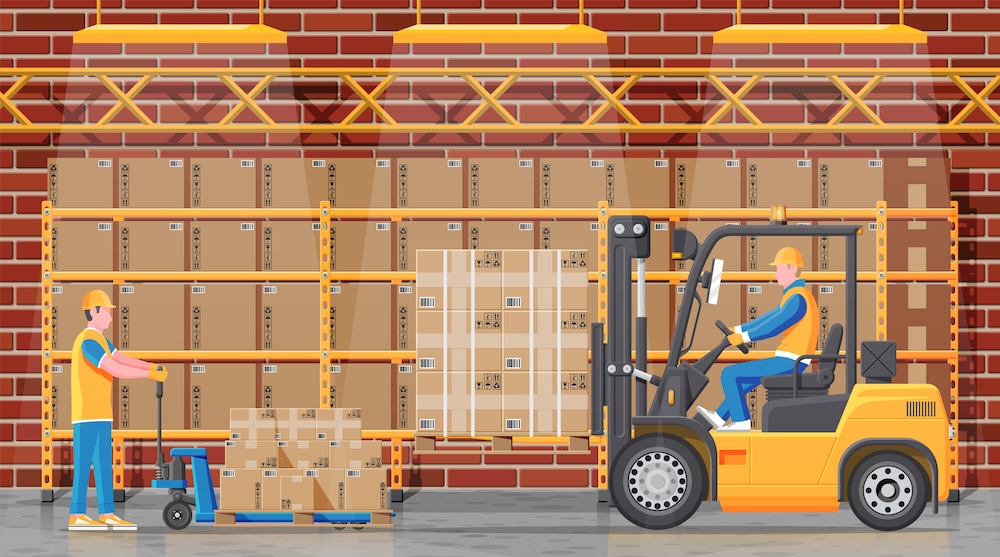Stand-Up Forklifts: When to Buy Them and How to Operate Them for Your Lancaster Business
02/16/2023
CITrucks
Did you know that stand-up forklifts can make products in your warehouse or place of business quicker and easier to access? Stand-up lifts may also help you grow your Lancaster business in new markets. It's true!
These lifts are ideal for use in fulfillment centers, warehouses, and other locations where there is a lack of space or when an outdoor-only lift would be too difficult to use. Using stand-up lifts for appropriate tasks can also boost your earnings as they can produce enormous productivity improvements.
However, it can be a challenge when choosing which forklift you need. So, if you're considering buying a stand-up forklift but aren't sure where to begin, we'll get into the nitty-gritty about this piece of equipment and what you should know before purchasing one.
What is a Stand-Up Forklift?
There are many different types of forklifts available, but there are key differences between models. So, what makes a stand-up forklift different than a sit-down lift?
It's all in the name. The term "stand-up" describes the position of the driver, who operates stand-up forklifts while standing, whereas seated drivers will operate standard sit-down lifts while sitting down.
When your Lancaster, SC employees are loading, stacking, and unloading pallets on service docks, it's a stand-up forklift that you will often see. They can speed up and improve the effectiveness of logistical procedures.
When considering a stand-up forklift, remember that businesses are responsible for informing their employees of significant safety differences between the two types of lifts. Employee education guarantees that they can operate a stand-up forklift safely and correctly.
How and When to Use Standup Forklifts
The stand-up forklift is one of the best pieces of equipment for handling tight warehouse aisles. The stand-up forklift has evolved into a necessary piece of equipment. You can find them in warehouses and construction sites throughout the world. On the other hand, any person operating a forklift must have the appropriate certification.
Benefits of Stand-Up Forklifts in Lancaster, SC
Stand-up forklifts are the best vehicles for handling confined locations like aisles. Compared to their sit-down counterparts, they are more compact, shorter, and have a tighter turning radius. Because of this, stand-up lifts are easier to maneuver and give workers better access to merchandise or supplies.
Another thing to think about is the convenience. Once you learn how to operate a stand-up forklift, you'll see how much simpler it is to board and exit the vehicle. Because you're standing sideways, your visibility will also increase.
Using stand-up forklifts also has advantages for safety. Standing will enhance worker alertness, which improves safety and productivity. You can find models with backrests to aid employees in maintaining proper posture during their shifts from an ergonomic standpoint.
A stand-up forklift will often have a better lift capacity than a sit-down one. These models can cost more on average. However, stand-up forklifts are an excellent investment if you're hunting for a strong forklift that can squeeze into even the narrowest aisles while boosting worker safety for your Lancaster business.
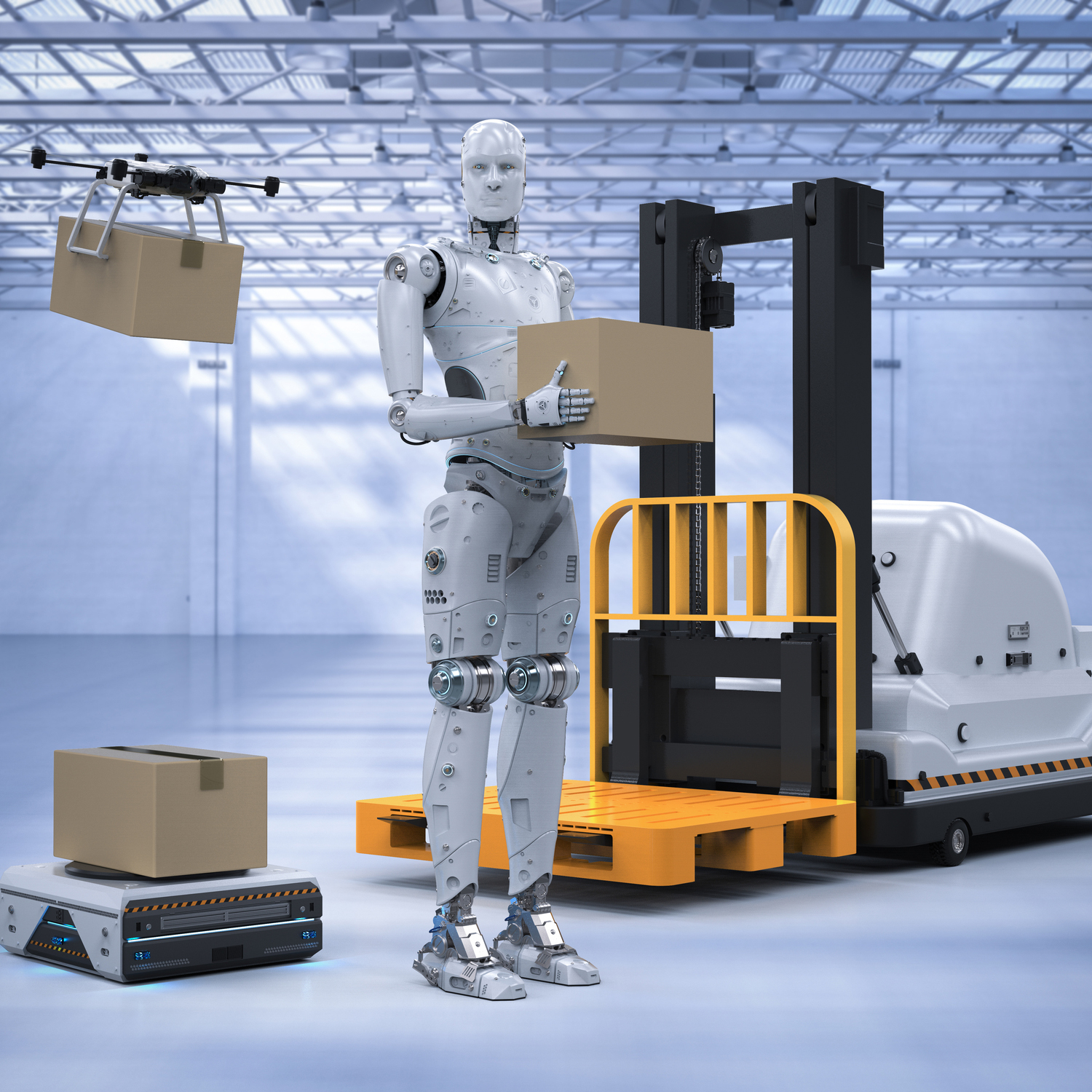
How to Drive a Stand-Up Forklift
Operating a stand-up forklift is comparable to using a regular lift. The operator's placement while driving the forklift is where you can see the difference. As the name suggests, drivers remain standing during the lift's operation.
Enrolling in a certification program is a wonderful choice if you want to understand how to operate a stand-up forklift. Reading about how to use this equipment is one thing; doing so is often very different.
There are many things that stand-up lift operators can do to operate the lift safely. Some of these include:
- Make sure the forks have been retracted before starting to lift
- Maintain the forks' upward position
- Use the control handle when steering
- When moving the lift, tilt the control handle back in the direction you need to move while keeping your foot on the power pedal
- While moving in reverse, beep the horn to warn other workers and pedestrians
- When stopping the lift, remove your foot from accelerate pedal and place the control handle back in its original position
- Be careful when raising and lowering your loads
Operators must be aware of safe stand-up forklift operations to take advantage of this equipment. Operators of stand-up forklifts will stay protected and efficient with the proper training.
Guide to Operating a Stand-Up Forklift Safely
An in-depth inspection is the first step to becoming familiar with stand-up forklift operations. Checking on the vehicle's maintenance will help guarantee the proper operation of the forklift. Be sure that you check the forks, mast, wheels, fluid, and charge levels.
Before securing the cargo, make sure the safety lights are operational. Verify that the fork width is steady enough to maintain the load's stability before loading.
Don't extend the mass to its full height after you've lifted it. Instead, bring the load as close as possible to the ground.
Carrying loads that are too heavy may cause the stand-up forklift to become unsteady or even tip over. Ensure the forks are not too far down if you are not carrying a load. When the lift forks are too low, it may compromise your safety as you drive the lift.
All of these steps need to be taken seriously and done daily. It will make your Lancaster warehouse safe from the potential that come with forklift operation.
Stand-Up Forklift Operator Certification Needs
All forklift operators, even stand-up lift operators, must complete an OSHA-approved training program. This rule is according to OSHA regulation 29 CFR 1910.78 (1) (1). It's crucial to comprehend the safety concerns posed by these machines, whether you're lifting heavy objects on a building site, moving freight in a warehouse, or stocking shelves at a retail establishment.
Looking for a Stand-Up Forklift in Lancaster?
For uses where the operator must often get on and off the lift truck, stand-up forklifts help with increased productivity. Because of this, stand-up forklifts are a popular choice for grocery stores, beverage and food distributors, light manufacturing, and basic warehousing needs in the Lancaster area.
A stand-up forklift can be your staple workhorse, helping you be more efficient in your tasking. Carolina Industrial Trucks can help you with all your forklift and certification needs in North and South Carolina! Contact us or check out our Blog section for helpful information.
